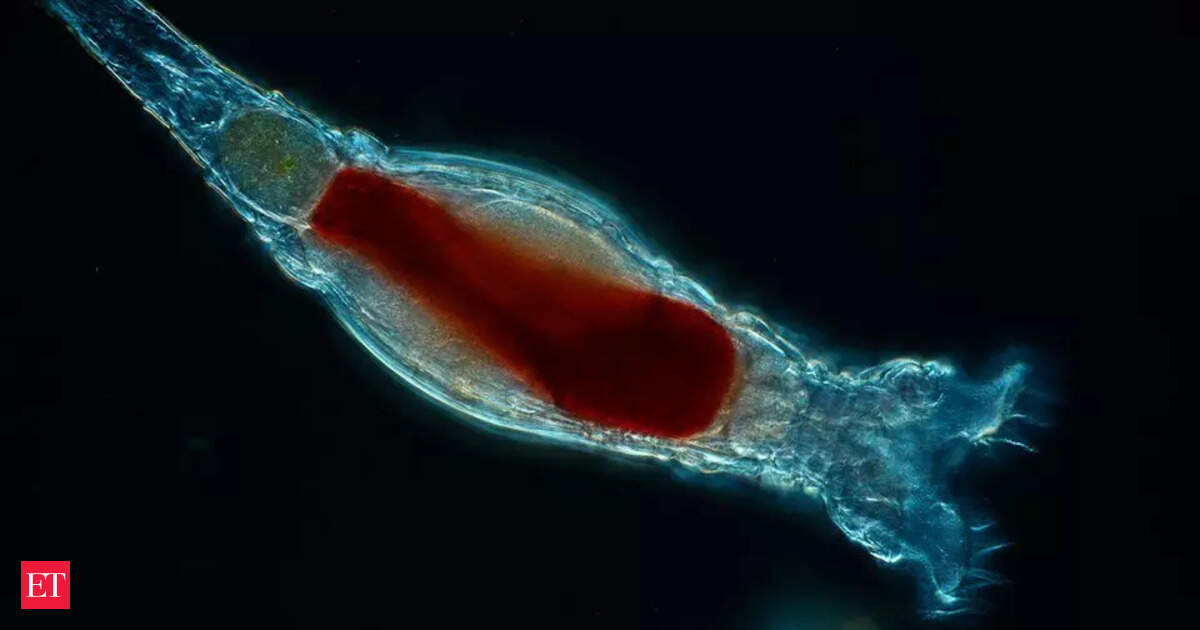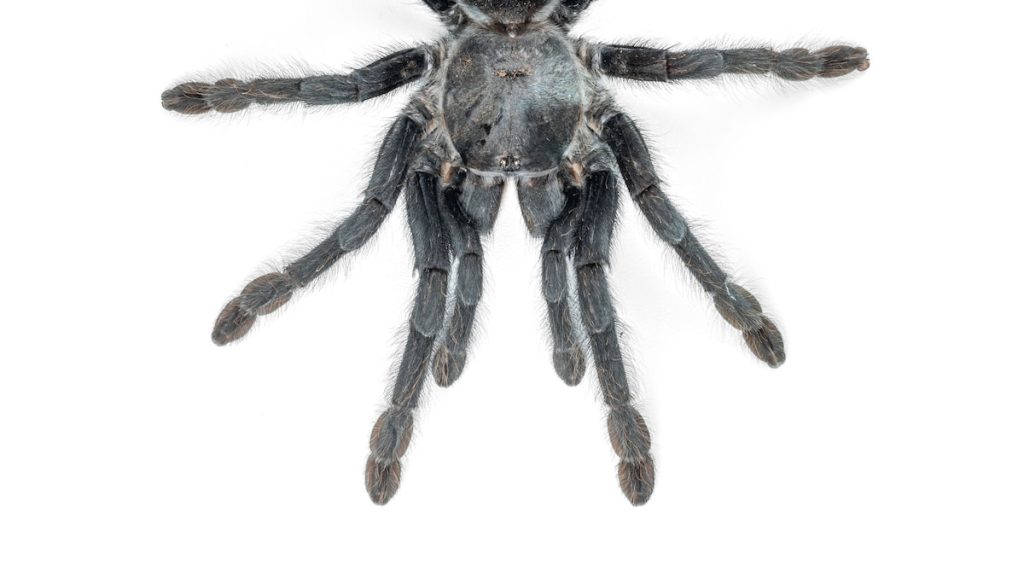Now Reading: Ancient Creature Revives After 80 Million Years to Reproduce Asexually
-
01
Ancient Creature Revives After 80 Million Years to Reproduce Asexually
Ancient Creature Revives After 80 Million Years to Reproduce Asexually

Quick Summary:
- Bdelloid Rotifers: Ancient microscopic creatures surviving for 80 million years without sexual reproduction. All members of the species are female, relying on cloning to reproduce.
- Survival Adaptations: Known for extreme resilience, they can withstand harsh conditions including freezing, desiccation, adn radiation.Scientists revived bdelloids from Siberian permafrost after 24,000 years; they resumed reproduction upon thawing.
- DNA Repair Mechanisms: Bdelloids possess extraordinary DNA repair systems that support their survival under adverse environmental elements.
- Horizontal Gene Transfer: Despite lacking genetic diversity through mating, bdelloids counter stagnation by incorporating genes from other species via their diet (e.g., bacteria and algae). Studies suggest up to 10% of their active genes may originate this way.
Indian Opinion Analysis:
This research on bdelloid rotifers highlights a model of evolution that challenges conventional biological principles-where sexual reproduction is deemed necessary for adaptation and long-term survival in most life forms. Their unique mechanisms like cloning efficiency and horizontal gene transfer underline nature’s ability to devise remarkably diverse survival strategies.
For India’s scientific community-notably those engaged in genetics or bioengineering-the study raises intriguing avenues for understanding DNA repair systems applicable in medicine or agriculture (e.g., improving crop resilience). Additionally,moments of extreme adaptability seen in rotifers could inspire broader academic exploration into microbial life forms thriving amidst climatic extremes-a topic increasingly relevant given global climate challenges faced by agricultural sectors.
While scientists worldwide remain curious about such evolutionary loopholes showcased by thes organisms, enhancing local engagement with experimental biology might yield insights related to human applications such as combating cellular damage or designing adaptive bio-solutions across ecosystems impacted by disruptive environmental changes.




























